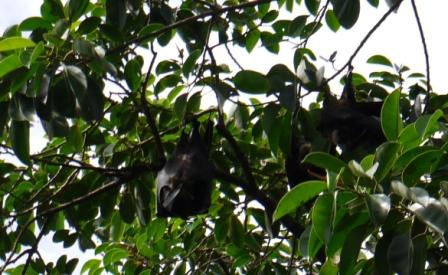It made sense. The degree and distribution of intelligence amongst a given society must surely be largely constant. Independent of its environment. But it was the latter that determined the rate of development. Food surpluses, competition from neighbouring peoples, all fuelling advancement. Which seemed to explain why Australia’s Aboriginal hunter-gatherers had remained firmly in the Stone Age until the arrival of European settlers.
I’d been lent a copy of a book exploring societal developments. Unfortunately unable to read the entire text before I’d be heading off, back on the road. Instead settling on reading the first and last chapters. An articulate, engrossing treatise. But I’d have to return to it later.
Earlier in the evening I’d been discussing the treatment of Australian and North American indigenous people by European settlers. Suggesting that whatever the answer was, the only certainty was that nobody had got it right. Found myself wondering about Africa, where the colonists had pretty much withdrawn. Resolving to go and see for myself.
[The book referred to is "Guns, germs and steel" by Jared Diamond]





